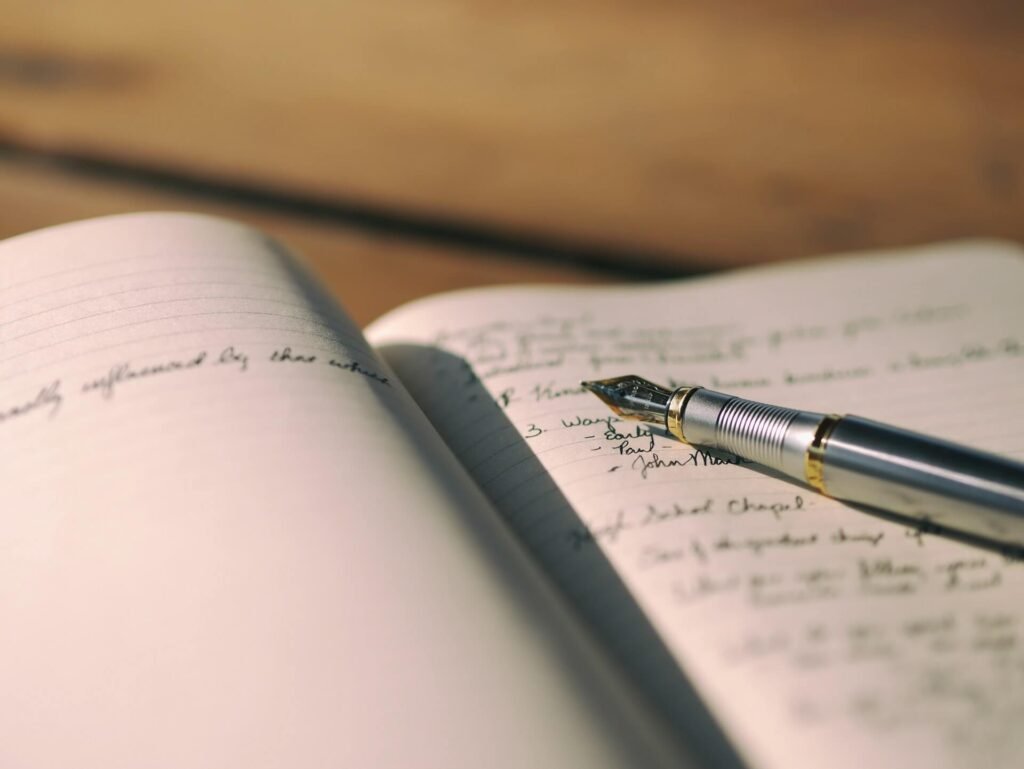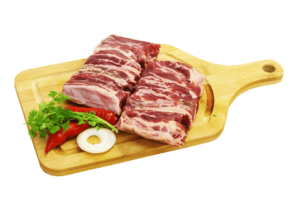Ever had a day that you wished to share, but couldn’t? Or something you would like to vent about, or perhaps just share? Well, journaling has been the go-to friend for many, especially back in the day when social media wasn’t as prevalent as it is now. Journals and diaries were the doorways to many a person’s life, and it was fun too, looking back at all the journals one had amassed over time was a sure sense of achievement. Today? Not so much… we have social media to capture all our moments, my Facebook wishes me a happy birthday even.
That said, what is journaling? Its benefits and some techniques to help you along the way.
Journaling is basically recording your personal thoughts, feelings, insights and experiences. “if your life was a novel, what would it be?” it would be a journal. I take journaling to be the recording of self. It can be written, drawn, or typed… we are in the digital age after all. (I prefer the feel of pen on paper). Quite frankly, journaling has been proven to be a way to improve mental health, a low-cost and simple way at that.
Benefits of Journaling.
Reduces Stress and Anxiety. Writing about your thoughts and emotions has been proven to help clear mental clutter. It’s the reason oftentimes we are encouraged to write down our goals…it clears our brain and sets us up for focus.
Journaling for mental health allows you to “offload” stress and process overwhelming emotions, expressive writing is a sure way to lower stress and improve emotional well-being.
Enhances Emotional Intelligence. Journaling encourages self-awareness, helping you understand your triggers, behavior patterns, and emotional responses. This is especially helpful in establishing communication skills
Improves Mental clarity and focus. Keeping a daily journal helps you prioritize tasks, reflect on goals, and maintain a sense of direction. Like how we write out our plans and goals to emphasize more focus on them—keeping a journal works on the same principle.
Boosts Creativity. Creative journaling, including sketching, poetry, and storytelling can help improve your creative thinking. I know this because it is how I initially got into writing and indeed, many artists and writers use journaling to brainstorm ideas and document inspirations.
Strengthens Memory and Comprehension. Journaling for self-improvement helps track progress, recognize achievement, and stay motivated. When you look back at past entries, you realize how far you have progressed, plus it gives a sense of achievement.
How to Start Journaling.
It’s all about recording yourself in any way you find convenient. It doesn’t have to be complicated, I for one started by writing in a small notebook how I felt at that particular time without knowing what I was doing had a name. On that note, here are some steps to build the habit.
Choose Your Medium. The first step is to find out what you prefer to write on. Do you prefer traditional paper journals or more inclined to digital apps? Writing with pen and paper has been proven to have cognitive benefits, but at the same time, digital journaling has convenience and organization. At some point, you might have to try both media to get a sense of what might work for you.
Set a Journaling Routine. Creating a habit requires consistency, thus, the more you journal the more you are likely to pick it up. Try setting aside a few minutes to scribble something down each morning or before bedtime. Journaling for mindfulness works best when incorporated into a daily routine…I usually write something every time I can.
Start with simple prompts. For the writers in the room, we can relate to that time when we have nothing going on upstairs. No inspirations, no mood…a writer’s block. For aspiring journal writers, sometimes we get unsure of what to write. You stare at a blank page and nothing flows in your mind. Well, you can always use journaling prompts. For example, what made me happy today? What challenges have I faced since morning? What have I learned this week? One way I always get what to write about is by treating my pages as a friend. I don’t have to be formal in tone…
“Today has been a long day. I know coz I have spent the greater part of it waiting for this moment–sitting on my sofa and scribbling like a teen drafting their first love letter. Breakfast sucked too, greatly because I couldn’t afford any better options but hey, the hot chocolate was grooving! …”
Use Different Journaling Styles. True, journaling is about self-expression, which manifests in any way it likes. But also, true that there are a couple of journaling styles one can employ.
- Bullet Journaling, a structured way to track tasks, habits, and goals.
- Gratitude journaling basically involves writing down things you are grateful for each day.
- Stream-of-consciousness writing, which as the name suggests, involves writing whatever comes to mind at that point. It is my personal favorite, to be honest.
- Reflective Journaling is all about reviewing daily experiences and learning from them.
Common Obstacles in Journaling and How to Overcome Them.
Journaling has its benefits, but it also has its high roads. Some people struggle with maintaining the habit, so here are some common challenges and ways to address them.
“I don’t have time.” it’s only natural, our average days are often crowded with schedules to the extent of borrowing some hours from our personal and night times.
However, journaling doesn’t have to take hours. A few minutes a day can make all the difference. Set a timer, five minutes for a quick scribble, and then get back to the day’s hustle.
“I don’t know what to write about.” Writer’s block happens, and it can very well be part of the process. To help overcome it, use guided journaling prompts or simply document daily experiences.
“I am afraid someone will read my journal.” Privacy is a deal-breaker for many. The only options are to use password-protected digital journals or keep your notebook in a safe place.
“I can’t stay consistent.” Start small and don’t stress about trying to write every day. Even journaling once a week can be helpful. It’s not a punishment; don’t make it one.
Borderline, journaling can be a tool for self-reflection, growth, and healing…if you are willing to take it. Like all forms of therapy, it only works if you are willing to let it work. So, why not start today? Pick up a notebook or open, or a journaling app and scribble your first line. it can be anything, your first step to a new lifestyle…
“Today I read an article about journaling. Well, here we are…!”




